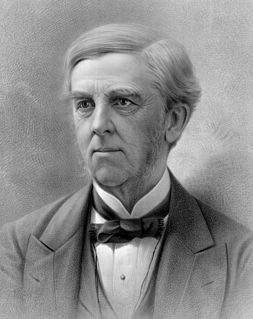A Quote by Norman O. Brown
In its famous paradox, the equation of money and excrement, psychoanalysis becomes the first science to state what common sense and the poets have long known - that the essence of money is in its absolute worthlessness.
Related Quotes
The leading edge of the best science in the world is being driven by private money, and investment money because of the scarcity of government money to do this. It's not only by far the best and most advanced science, we're driving the equation at Human Longevity that everyone else is beginning to follow as well.
To walk in money through the night crowd, protected by money, lulled by money, dulled by money, the crowd itself a money, the breath money, no least single object anywhere that is not money. Money, money everywhere and still not enough! And then no money, or a little money, or less money, or more money but money always money. and if you have money, or you don't have money, it is the money that counts, and money makes money, but what makes money make money?
You know, money will never save anyone. Compassion can save someone, love can save someone, money will never save anyone. And as long as the entire society will put money first... Money should be like third or fourth or fifth, I'm not saying lets get rid of money, but how can we put money as number one? As the only value, like if you are rich, you're famous you go VIP, why? It's just insane, the way we've transformed the society.
Science starts with preconception, with the common culture, and with common sense. It moves on to observation, is marked by the discovery of paradox, and is then concerned with the correction of preconception. It moves then to use these corrections for the designing of further observation and for more refined experiment. And as it moves along this course the nature of the evidence and experience that nourish it becomes more and more unfamiliar; it is not just the language that is strange [to common culture].
We certainly noted that when given the opportunity, women handle money more efficiently. They have long term vision, they manage money more carefully. Men are more callous with money. Their first reflex is to blow it by getting drunk in a pub, or on prostitutes or gambling. Women, on the other hand, are endowed with a tremendous sense of self-sacrifice and try to get the best out of the money, for their children, but also for their husbands.
Doing good with other people's money has two basic flaws. In the first place, you never spend anybody else's money as carefully as you spend your own. So a large fraction of that money is inevitably wasted. In the second place, and equally important, you cannot do good with other people's money unless you first get the money away from them. So that force - sending a policeman to take the money from somebody's pocket - is fundamentally at the basis of the philosophy of the welfare state.
Common sense is science exactly in so far as it fulfills the ideal of common sense; that is, sees facts as they are, or at any rate, without the distortion of prejudice, and reasons from them in accordance with the dictates of sound judgment. And science is simply common sense at its best, that is, rigidly accurate in observation, and merciless to fallacy in logic.








































